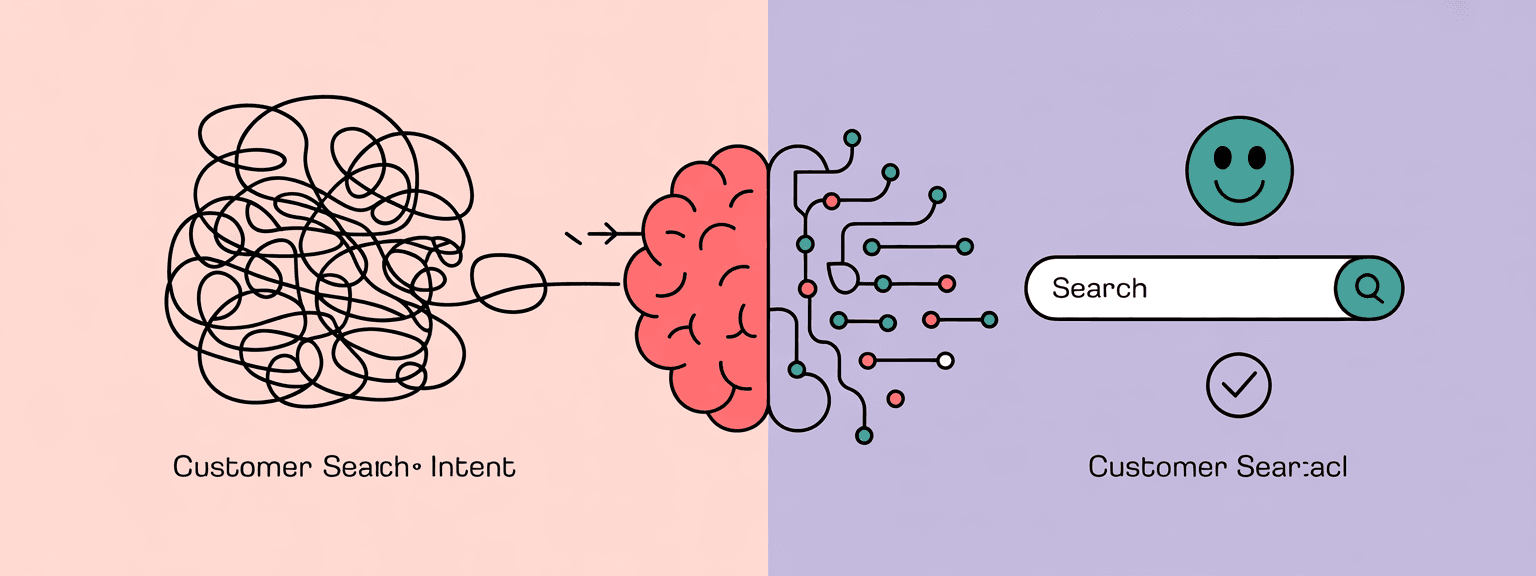
How AI Search Understands Your Customer's Intent
Discover how a WooCommerce search engine AI goes beyond keywords to understand true customer intent. Through contextual analysis, machine learning, and semantic understanding, AI delivers more relevant search results, anticipating needs and guiding shoppers effectively.
One of the biggest challenges in e-commerce search is deciphering true customer intent. A shopper types a few words into the search bar, but what do they *really* mean? What problem are they trying to solve? A WooCommerce search engine AI is designed to look beyond the literal keywords and understand the underlying intent, leading to far more relevant and satisfying search experiences.
The Limits of Literal Keyword Matching
If a customer searches for 'spring jacket', a basic search might show every jacket with 'spring' in the title or description. But the intent could be more specific: a lightweight jacket, a rain-resistant one, or perhaps something brightly colored. Without understanding this nuance, the results can be overwhelming or off-target.
AI's Approach to Understanding Intent
A WooCommerce search engine AI employs several techniques:
- Contextual Analysis: It doesn't just look at isolated keywords but considers the entire query. For 'men's running shoes for wide feet', the AI understands 'wide feet' as a critical qualifier, prioritizing shoes with that specific attribute.
- Learning from User Behavior: AI systems can analyze past search data, click-through rates on certain products for specific queries, and conversion patterns. If many users searching for 'eco-friendly yoga mat' end up purchasing a particular cork mat, the AI learns this association and boosts its relevance for similar future queries.
- Synonym Recognition & Semantic Similarity: The AI knows that 'sneakers', 'trainers', and 'running shoes' can often be used interchangeably depending on regional dialect or user habit. It connects these semantically similar terms to broaden the pool of relevant products without sacrificing accuracy.
Delivering on Implied Needs
Sometimes, the intent is implied. A search for 'gift for mom' is incredibly broad. An intelligent search might offer categorizations (e.g., 'Jewelry for Mom', 'Spa Gifts for Mom', 'Gardening Gifts for Mom') or leverage data about popular Mother's Day purchases. This proactive approach, driven by an understanding of likely intent, makes the shopping process smoother and more successful. By focusing on intent, a WooCommerce search engine AI doesn't just match queries; it solves customer needs.